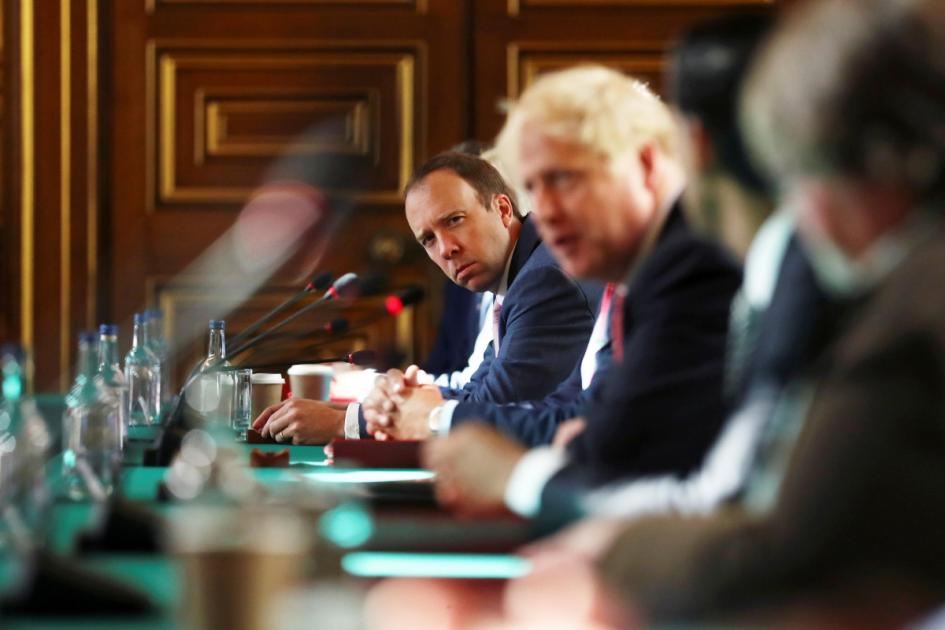Agenda: No easy fixes on the road to green transport

The Government also announced a five-year delay in phasing out petrol and diesel vehicles, creating another obstacle on the route to net zero and fostering confusion which impacts investment in and production of low-emission vehicles. In Scotland[1], the CalMac ferry controversy highlights escalating costs and delays in delivering a core transport link to more than 100,000 people, which is integral to the UK’s distributed network of island communities.
These problems squander billions of pounds of public funding previously committed to supporting the projects, and contribute to ongoing failures to meet decarbonisation targets. They also carry heavy social and economic consequences, from compulsory home purchases for poorly-planned projects to hardship for rural communities dependent on reliable transport. Deferring zero-carbon transport investments simply leads to higher future costs from inflation.
Each failed project and each broken promise contributes to ongoing uncertainty about net zero investment. Uncertainty and risk are critical barriers to the major cash injections needed to transform existing infrastructure, presenting threats on par with the carbon emissions we aim to eliminate.
There is widespread consensus that reform is essential. To achieve this, we must understand the interdependencies between transport decarbonisation, energy systems, and digital infrastructure.
With support from the Engineering and Physical Sciences Research Council and the Department for Transport, Professor Phil Greening at Heriot-Watt University and I are leading an industry consultation called TransiT. We are connecting transport, energy and tech companies[2], communities and government to understand decarbonisation barriers and explore solutions like digital twins, which could help us de-risk the road to net-zero transport.
We need a whole-systems perspective spanning physical, digital and socioeconomic dimensions. The choices we make in one subdomain reverberate across the whole network.
Our net-zero transition is jeopardised by inertia from large investment risks in unproven technologies. We must also overcome barriers to adopting new service and business[3] models. Key is creating verified models to demonstrate decarbonisation strategies, costs, reliability and resilience before deployment.
The integrated solutions we need don't yet exist. We urgently require leadership in digital model design and in developing ethical, secure data governance standards. Models must be transparent, accountable and focused on public good rather than narrow commercial interests.
From these challenges come opportunities: game-changing solutions for UK and international markets. Collaborative modelling helps visualise pathways, clarify choices, mitigate risks and build confidence in the decisions ahead. Our shared future depends on it.
There are no easy fixes or silver bullets. But through open collaboration, we can steadily assemble the pieces for a clean, just energy transition. The stakes could not be higher, but by working together, a sustainable future is within reach.
David Flynn is Professor of Cyber-Physical Systems at the University of Glasgow’s James Watt School of Engineering